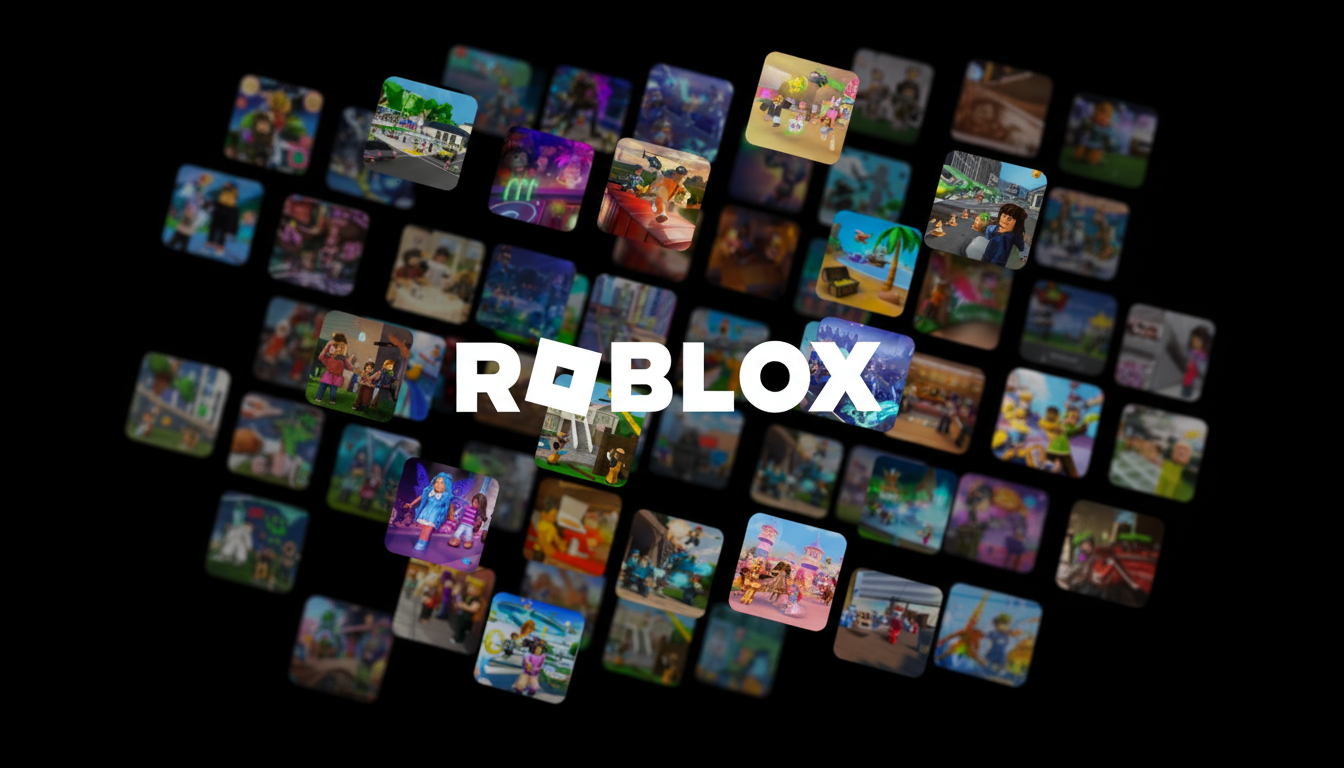Texas has sued Roblox, accusing the massively popular gaming platform of prioritizing growth and revenue over the safety of its overwhelmingly young children. The lawsuit, brought by the Texas attorney general, Ken Paxton, contends that Roblox downplays grooming risks and misleads parents about protections even as it does not robustly enforce safeguards across a sprawling user-generated platform.
The action escalates mounting state scrutiny of Roblox’s child safety practices and follows similar lawsuits by other attorneys general. It also reflects a broader reordering of how American regulators are pushing consumer platforms to fortify protections for minors, or answer in court.
- What Texas alleges about Roblox’s child safety practices
- Why Roblox has come under heightened scrutiny from the FTC
- Roblox’s safety toolkit and where it falls short
- A growing front of state actions targeting online youth safety
- What’s at stake for Roblox as Texas pushes safety claims
- In the meantime, what this means for families now

What Texas alleges about Roblox’s child safety practices
Roblox “blatantly disregards” federal and state online safety laws, does not make it hard for adults to communicate with children, and plays down the risks of grooming inside games and chat, according to the lawsuit. Texas describes the issue as a problem of product and marketing: The platform’s design treats constant engagement as a feature rather than a bug, while safety controls and enforcement fall well short of real-world threats.
State lawyers are expected to seek injunctions, civil penalties and revisions to default settings for minors. Common remedies in similar cases have called for increased age verification, tighter filtering of text and voice chat, third-party safety audits and more upfront disclosures to parents about platform risks.
Why Roblox has come under heightened scrutiny from the FTC
Roblox allows users to create and play millions of experiences, socialize in the game via text or voice chat, and purchase items that other players have created using virtual currency from a fast-changing market. Scale and openness are appealing for kids — and a challenge for moderation. Company filings highlight a large under-18 user base — combined with a sizable slice of under-13 users — that is likely one of the most youth-heavy populations on the internet.
The National Center for Missing and Exploited Children says industrywide tips of online exploitation are increasing, with more than 36 million reports made in 2023 on all platforms. Safety experts say grooming typically starts on mainstream platforms and then moves off-platform to private messaging apps, which makes law enforcement investigations — as well as platform liability — more complicated.
Roblox’s safety toolkit and where it falls short
Roblox points to diligent moderation, filtered chat and parental controls, along with content rating of experiences by level, and photo-ID-based age verification for some features (namely voice) as evidence of continued investment in safety. The company says it removes bad actors, works with law enforcement and uses machine learning to identify harmful content at scale.
Detractors argue that determined predators can nonetheless circumvent filters, moderation falls behind when abuse is contextual or takes place within rapidly evolving user-generated experiences, and parents are ill-equipped to understand or configure controls correctly. Watchdog groups and child-safety researchers have called for default-on protections, clearer guardrails around in-game communication and stricter age gating connected to verified identity for harmful features.

A growing front of state actions targeting online youth safety
Texas is the third state to sue Roblox in recent months, after two others — Louisiana and Kentucky — brought separate lawsuits against the company. Outside of Roblox, states have been pursuing the broader issue of youth safety: a coalition of states sued one major social media company over harms to teens, and the Federal Trade Commission has brokered record settlements with gaming and tech firms over violations in children’s privacy and design.
The legal theories differ — consumer protection, deception, child privacy and unfair practices — but the policy goal is consistent: compel platforms to enhance safety in default settings and demonstrate efficacy through measurable results. And though more states are adopting sweeping privacy laws and increasing protections for minors, litigation pressure isn’t likely to subside.
What’s at stake for Roblox as Texas pushes safety claims
More than possible fines, the greatest threat is that a court could impose a Roblox operating system for minors — and rules touching on new user onboarding, chat and voice access, developer policy rejections and in-experience monetization. Those kinds of mandates can elevate costs, slow the rollout of features and restrict the scope of a platform’s creator economy — but they can also establish a clearer bar for safety and transparency.
If Texas wins or reaches a settlement with strong guardrails, other states might follow suit with their own demands, and youth safety could become the new baseline for large user-generated platforms.
In the meantime, what this means for families now
Parents can reduce risk by:
- Activating Roblox’s parental controls
- Limiting chat for accounts of children under 13
- Setting monthly spending limits on Robux purchases in account settings
- Turning on account PINs
- Talking about how grooming happens
- Watching for attempts to move conversations off-platform
- Reporting suspicious behavior in-app and to law enforcement
The lawsuit poses a simple test for Roblox and its peers: Are the strongest protections the default for children, and can platforms demonstrate that those protections work at scale? Texas’s case will help determine how soon the industry must say yes.

